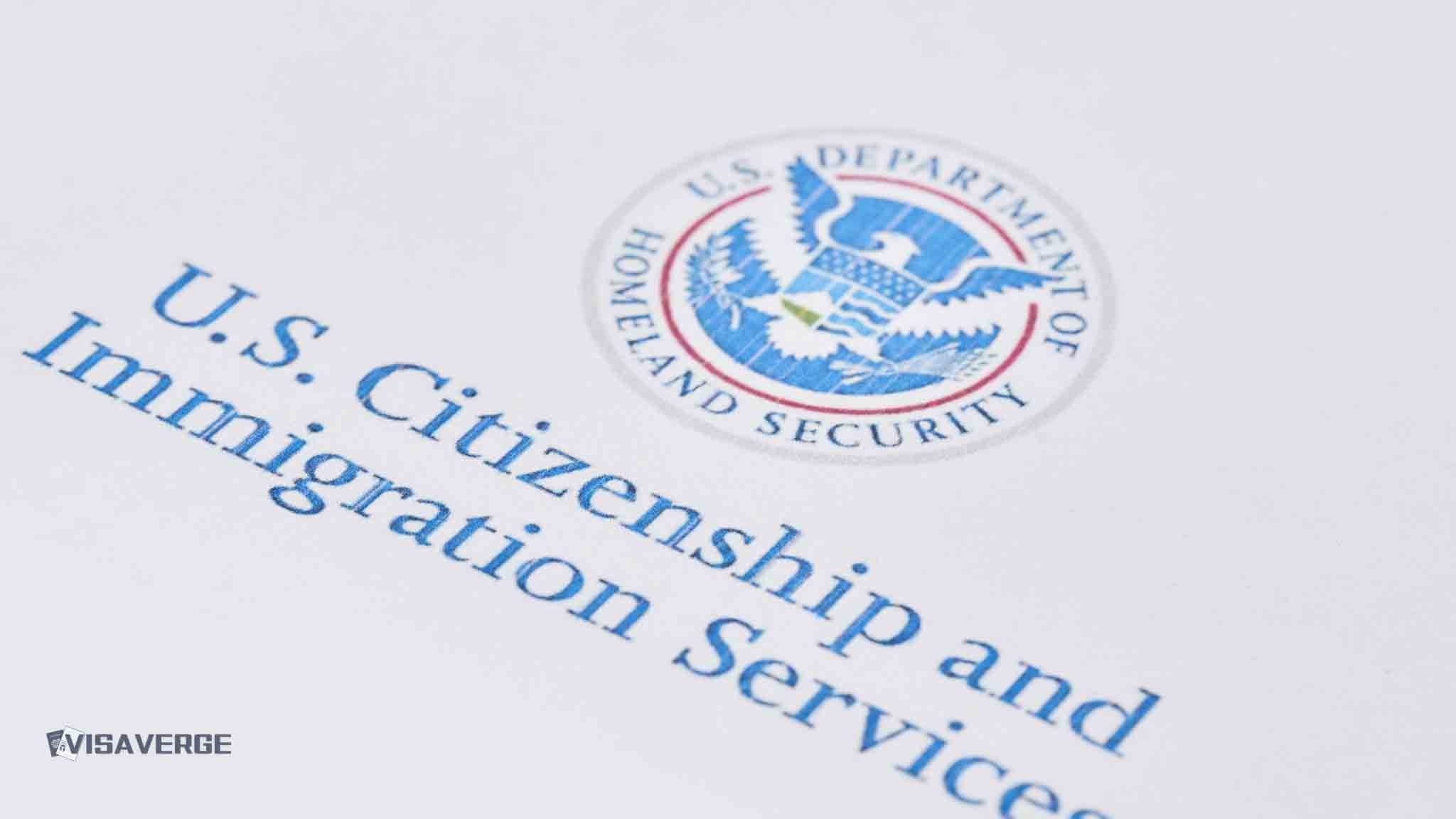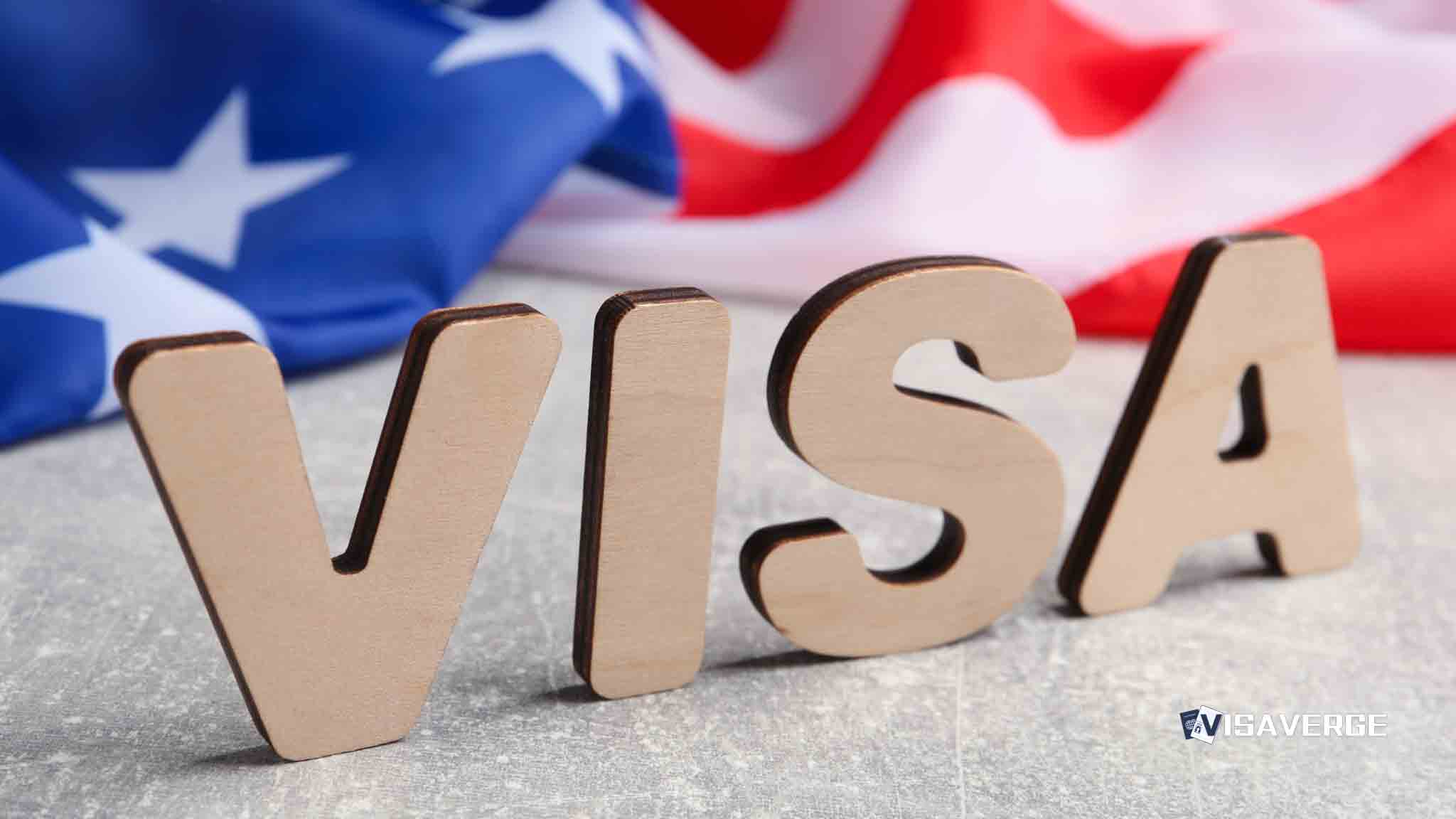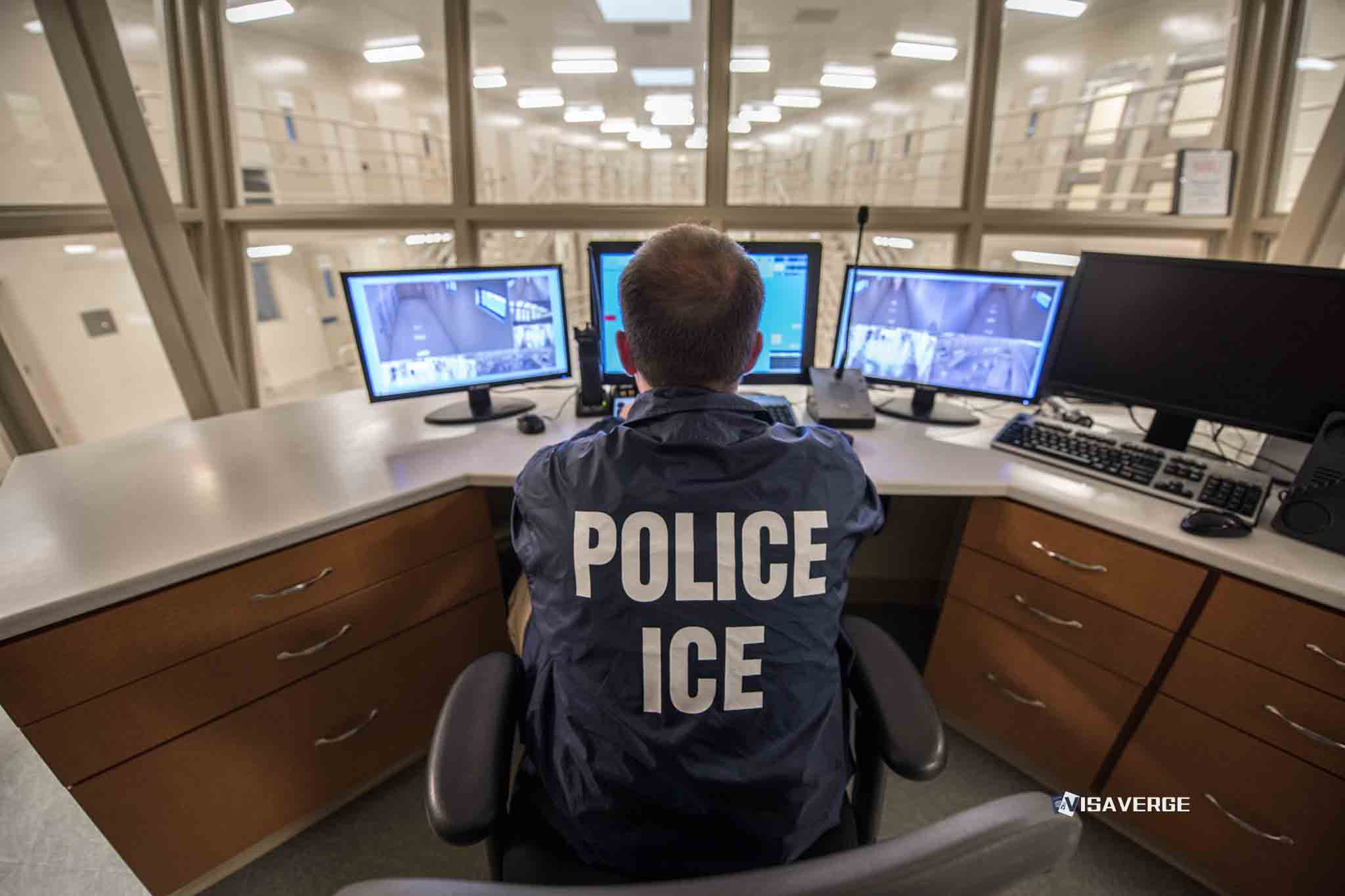The United States 🇺🇸 has overhauled its visa interview rules, ending long-standing age-based concessions and requiring nearly all applicants to appear in person at U.S. consulates. Beginning September 2, 2025, all nonimmigrant visa applicants must attend a face-to-face interview, with only narrow exceptions. The policy change removes the interview exemption that previously allowed children under 14 and adults over 79 to skip in-person screening. Consular posts worldwide have begun implementing the shift, and applicants planning travel to the U.S. are already seeing the effects in appointment queues and planning timelines.
Timeline and implementation

The State Department said the decision follows months of internal review and phased changes earlier in the year. Officials moved first in February 2025 to scale back who could skip interviews in specific categories, then set the full policy for September 2, 2025. Further clarifications took effect on October 1, 2025, tightening procedures at posts and standardizing local practices.
According to analysis by VisaVerge.com, the move completes a broad rollback of the expanded waiver policies that grew during the pandemic, when consulates faced capacity limits and public health concerns.
The combined effect is a return to pre-pandemic norms—only tighter—where in-person vetting anchors most decisions.
Key change: age-based exemptions eliminated
- Age-based exemptions are eliminated. Children who once mailed in passports or used drop-box programs must now appear in person. Seniors in their 80s can no longer rely on automatic waivers.
- The government’s message: interviews are once again the norm, and most cases should receive direct review by a consular officer.
- The State Department frames the change as a security step intended to reduce fraud and ensure more consistent screening.
Visa categories affected
The policy applies broadly to common nonimmigrant visa lines, including both first-time applicants and renewals:
- E-1, E-2 (treaty trader/investor)
- F-1 (students)
- H-1B (specialty workers)
- J-1 (exchange visitors)
- L-1 (intracompany transferees)
- O-1 (extraordinary ability/talent)
Dependents in related classifications are also subject to the in-person requirement. Posts are updating appointment systems, and applicants who previously qualified for drop-box processing are receiving notices to appear in person.
Limited interview waivers that remain
Only narrow exemptions still exist for specific official or diplomatic travel and select renewals.
- Diplomats and certain officials: holders of A-1, A-2, certain C-3 (excluding attendants and servants), G-1 to G-4, NATO-1 to NATO-6, and TECRO E-1 applicants.
- A narrower carve-out for some B-1/B-2 visitor visa renewals and Border Crossing Cards, subject to strict criteria:
- Prior visa must have been full-validity.
- Renewal must occur within 12 months of expiration.
- Applicant must have been at least 18 when the prior visa was issued.
- Application must be filed in the country of nationality or residence.
- No prior refusals or ineligibilities on record.
- Consular officers retain final authority to waive interviews and may call any applicant in if details are unclear.
Practical impacts for applicants, families, and employers
- Parents must now plan for school-aged children to appear at the consulate, possibly involving long travel to regional posts.
- Elderly travelers may need family support for logistics, transportation, documentation, and biometrics.
- Repeat travelers who previously used drop-box renewals in F, H, J, L, and O categories should expect face-to-face interviews again—even with clean histories.
- The narrowed B-1/B-2 renewal path is strict; any past refusal or sign of ineligibility will usually require an interview.
Consulates will continue to triage emergencies, but applicants are cautioned that emergency slots are limited and must be documented. Students with imminent start dates, workers with onboarding deadlines, and families with medical needs can request expedited appointments, but decisions are post-specific and granted sparingly.
Operational effects on appointment systems and wait times
- The State Department has not provided a uniform wait-time estimate because backlogs vary by post, but high-demand posts are expected to feel more pressure on appointment slots.
- In places where waivers previously cleared many child and senior cases, appointment calendars are already adjusting to the added load.
- Some consulates may respond by opening weekend hours, seasonal blocks, or reallocating officers to peak categories (for example, student visas during enrollment seasons).
What applicants should prepare
- Expect to attend an in-person interview in most nonimmigrant categories starting September 2025.
- Carry clear documentation to show:
- Purpose of travel
- Ties to home country
- Prior compliance with U.S. visa terms
- Be ready to provide additional documents if requested by a consular officer.
- Build extra time—weeks or months depending on local demand—into travel plans before fixed dates.
Examples of real-world impacts
- A family in Mumbai may bring a five-year-old for an early consular slot and plan extra time in the city.
- A retired couple in São Paulo visiting children in Florida may book travel twice—once for the consulate and later for the trip—if dates don’t line up.
- A biotech firm in Boston might shift onboarding for a scientist delayed in an interview queue overseas.
Policy rationale and consistency
The government frames the change as a security-driven recalibration: when every case is seen by a trained officer, it reduces gaps fraudsters might exploit and gives consulates a fuller picture of each traveler’s ties, plans, and eligibility. The policy also reduces local discretion for interview exemptions—trading flexibility for consistency.
Where to find official guidance
While the Department has not released a single consolidated public notice repeating every detail, the policy is reflected in consular practice and agency guidance. Travelers can review general visa information and post-specific instructions at the State Department site:
Local consulate pages remain the best source for appointment availability and document lists, which can change with little notice.
Important takeaway: From September 2025, almost every nonimmigrant visa case requires an in-person interview, and the interview exemption that once eased the path for minors and seniors is no longer available except in tightly defined circumstances. Applicants should monitor local consulate alerts and build extra time into travel and onboarding plans.
This Article in a Nutshell
The U.S. has overhauled nonimmigrant visa interview rules effective September 2, 2025, eliminating age-based exemptions and requiring nearly all applicants to attend in-person interviews. The policy affects common visa categories (F-1, H-1B, J-1, L-1, E, O) and narrows waivers to diplomats and specific B-1/B-2 renewals meeting five criteria. Consulates are adjusting appointment systems, increasing wait times at high-demand posts. Applicants should plan more time, prepare documentation proving travel purpose and ties to their home country, and monitor local consulate guidance.













